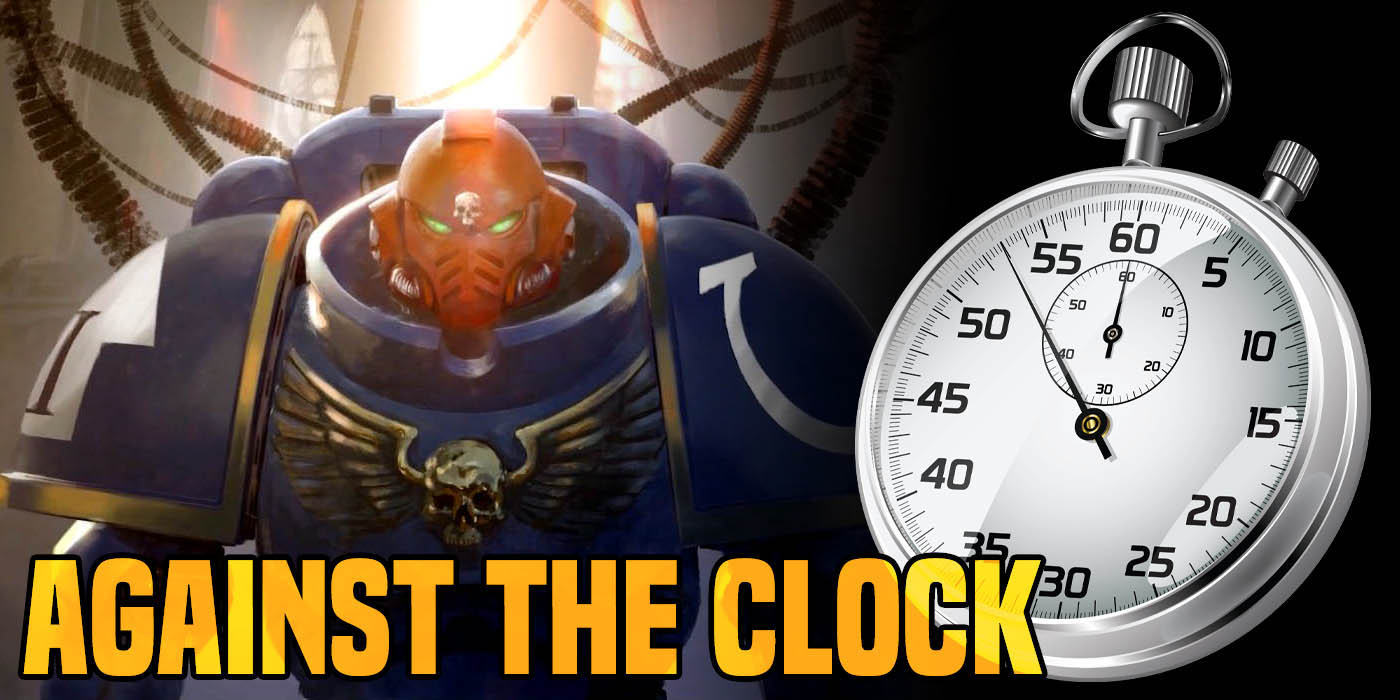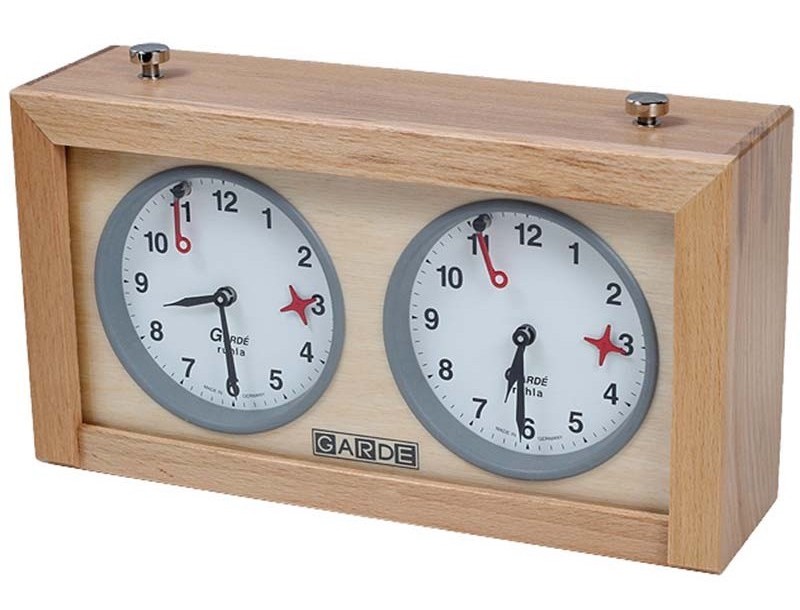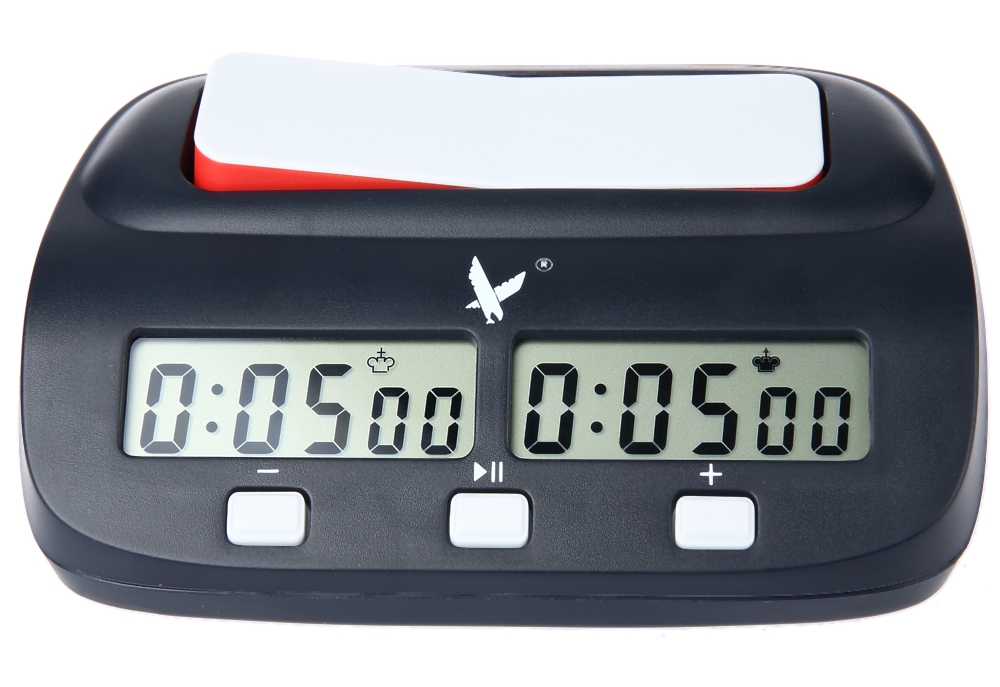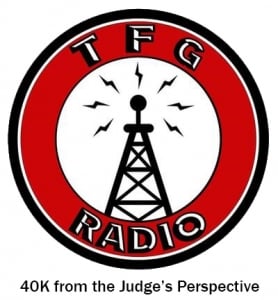Competitive 40K: Time is Ticking at the Game Table


Hey everyone! Adam, from TFG Radio, here to talk about that which is most precious to you, time
Back when I was first starting out playing in tournaments, I always had plenty of time for my games. Many times my games would actually take under an hour to play and we played the full amount of turns. Back then it was to six turns no matter what, unless you played Imperial Fists who could extend the game a turn if they wanted to. There were even times I would finish a full 6 turn game in about 45 minutes. Unfortunately, unless you play a skewed list, your games don’t normally last that long. With the introduction of a variable turn length, the lowering of points, the introduction of flyers, and units that used be only for epic 40K making an appearance, it can sometimes be hard for players to complete 6 full turns. In addition, the size of some armies, with some over 200+ models, has caused a situation where one player may be able to use up more of the time allotted than their opponent. Due to these circumstances, it has become necessary for many players, and tournaments, to use chess clocks , especially for the top tables.
The idea for using chess clocks has been talked about for a while. Things have recently come to a head when top tables were only going to turn 2 with the winning player taking 2 hours, out of a 2.5 hour round, to do their actions. Chess clocks help ensure that both players get an equal amount of time. Just because you decided to bring an army that consists of over 200 models, doesn’t mean that you get more time allotted than your opponent whose army is only 20 models. It is a player’s choice as to what army they bring and they should know the possible consequences of bringing a high model count army. That being said, there are those players that do take a bit amount of time to make decisions. Whether it’s about deployment, where to move a unit, or what to shoot at, some players suffer from this analysis paralysis and take a large amount of time to make what some might consider a simple decision. I have actually watched one time as an Ork player caused his opponent, an army with only a quarter of the models, to time out. Using a chess clock, especially in practice games, will really help in a person’s decision making ability. just ask anyone that has played Blood Bowl. If you play the official version you have 3 minutes per turn to make all your moves and rolls. This forces the coach to plan ahead and execute that plan as quickly and efficiently as possible. This easily translates to the tournament setting as it trains your mind to make plans during your opponent’s turn and to conduct your turn in an efficient manner. If you practice with a chess clock then it will very quickly become a habit that is part of your normal game routine.
As with anything gamer related, there will be those that will try to abuse the chess clock, or it’s rules that the event is using. Where a chess clock rule might state that the game may no longer continue if both players are below a certain amount of time, you will have some players try to slow down their game play. This type of “slow play” is more or less time wasting and bending the literal interpretation to the rule, while not adhering to the Spirit of the Rule. Other instances is when there is a dispute as to an interpretation of a rule. Players, either both or one, will sometimes pause the clock to either discuss the rule in depth or to call a judge over. Depending on the tournament, this may actually be against the chess clock rules and could result in disciplinary action by the judge, if stopping the clock by players is not allowed. In most cases this is not allowed due to that fact that a player, or players, may benifit from the pausing of the clock because it doesn’t take away their time, even though they may be the one causing the situation in the first place. In both these instances, and in most cases in regards to the chess clack, it is best to call a judge over to both officiate the situation and to determine how to handle the chess clock.
I think overall the addition of the chess clock to the tournament setting has been positive. To be honest, not many people need to worry about using a chess clock because it may not even matter. If both players are not in contention, or just there to play games, drink, and make friends, then there really is no need for one. If you do have aspirations of greatness, or just want to see how slow you play, then there are many places you can go to get one and start practicing. The quicker you play, the quicker you can finish your games and go hang out with your friends.
~That’s all for this week. I hope you enjoyed the article. Let me know what you think and any stories of slow play or using a chess clock. I don’t even mind hearing some good old Blood Bowl stories!





